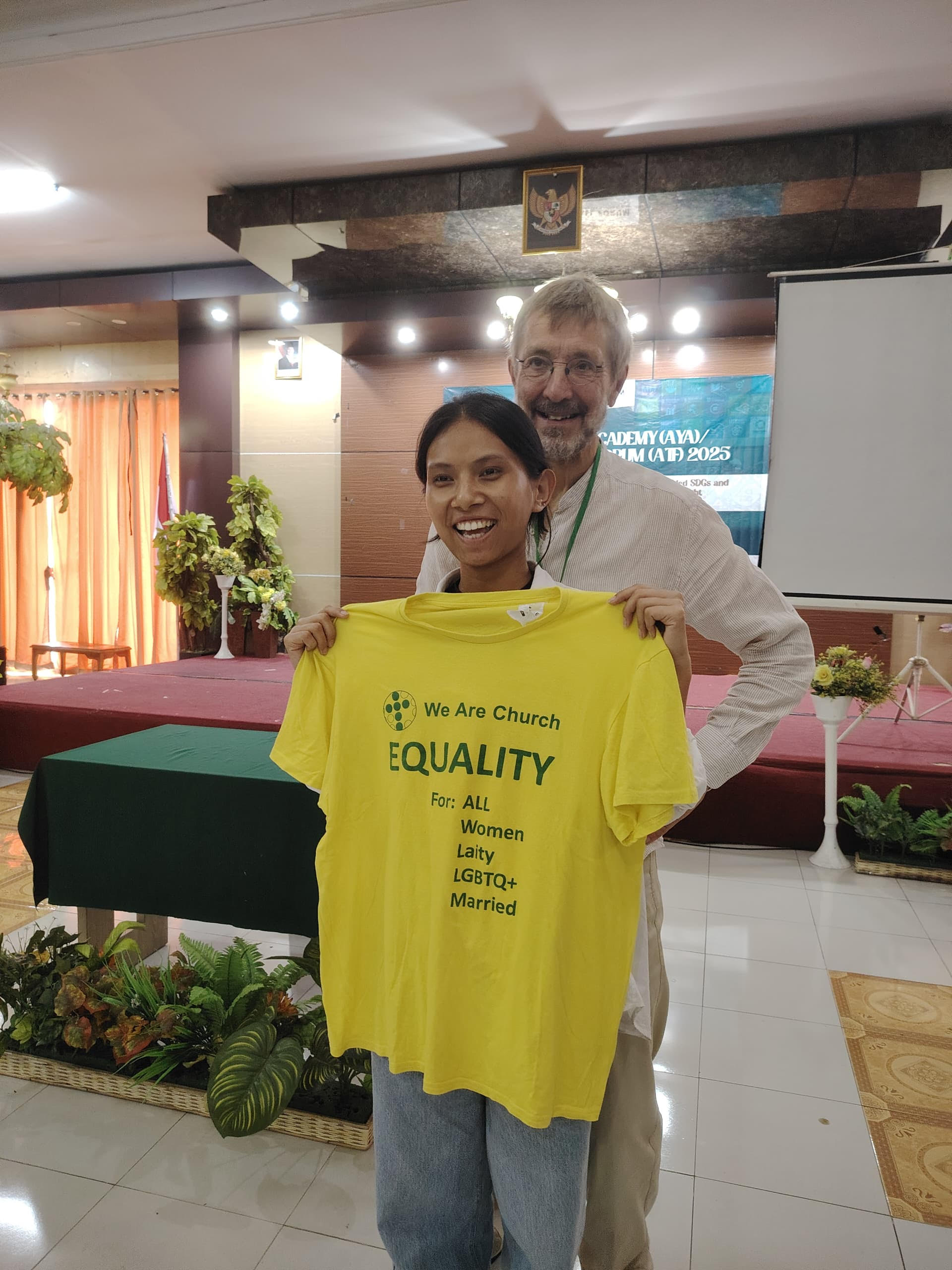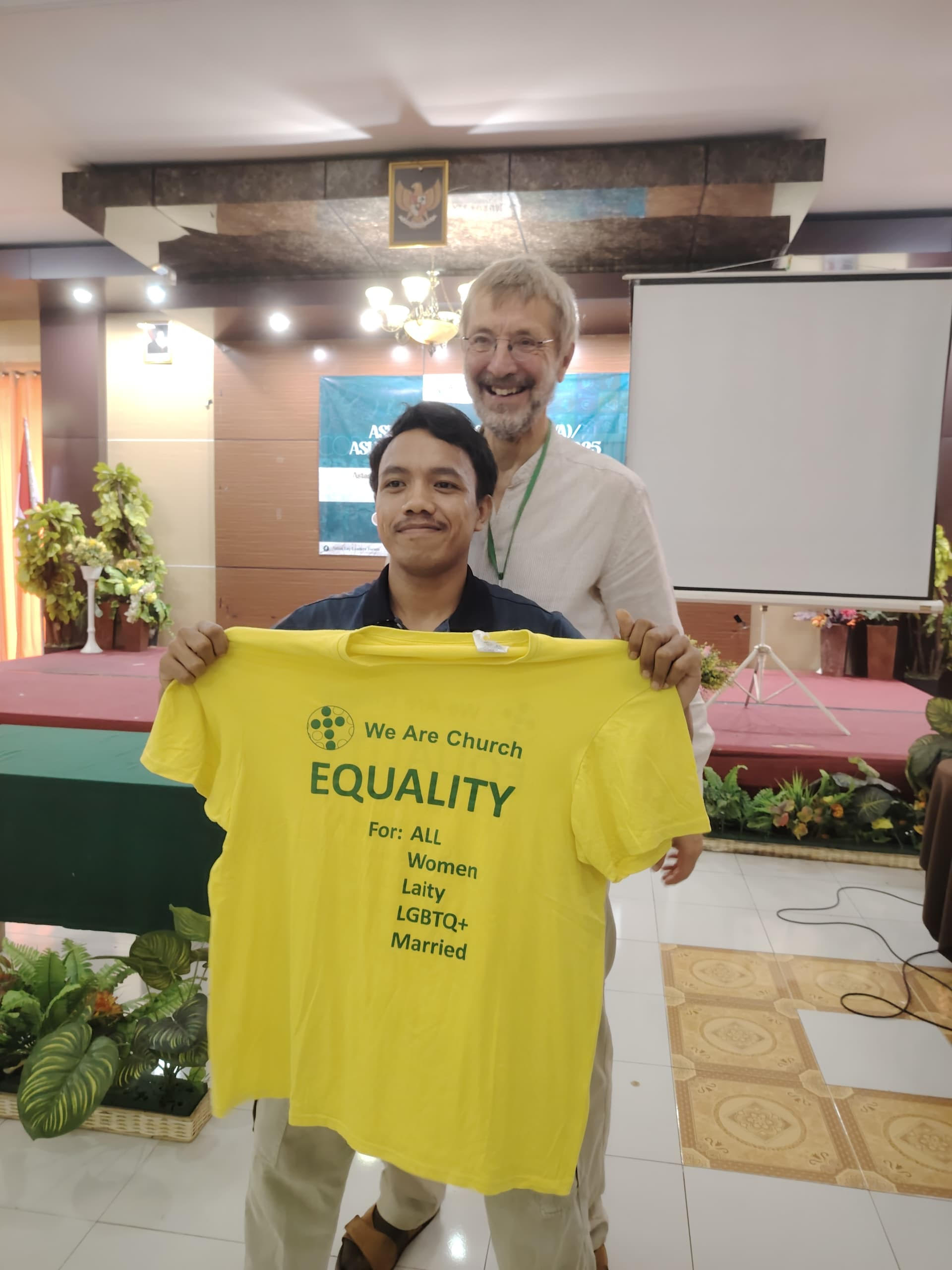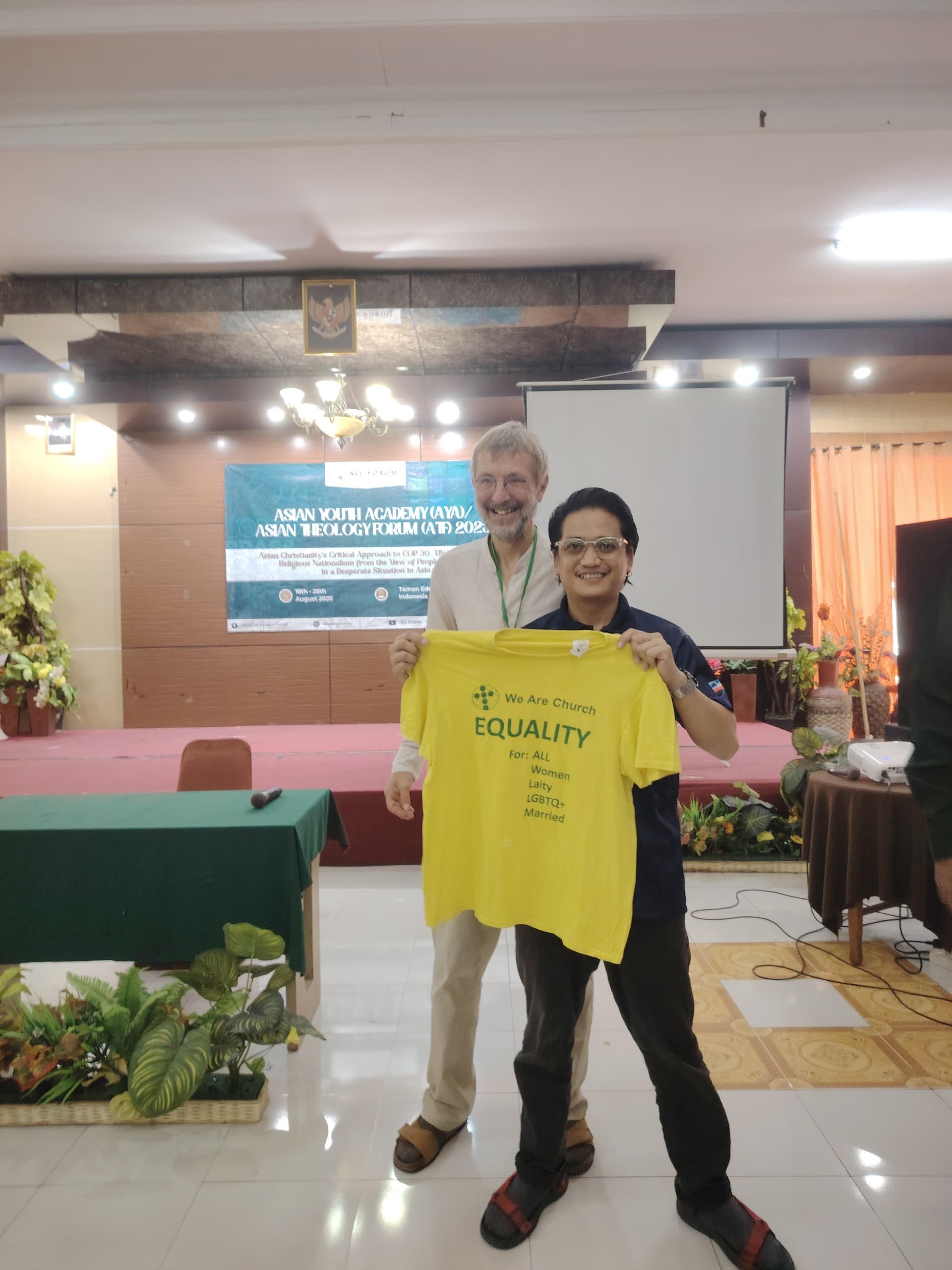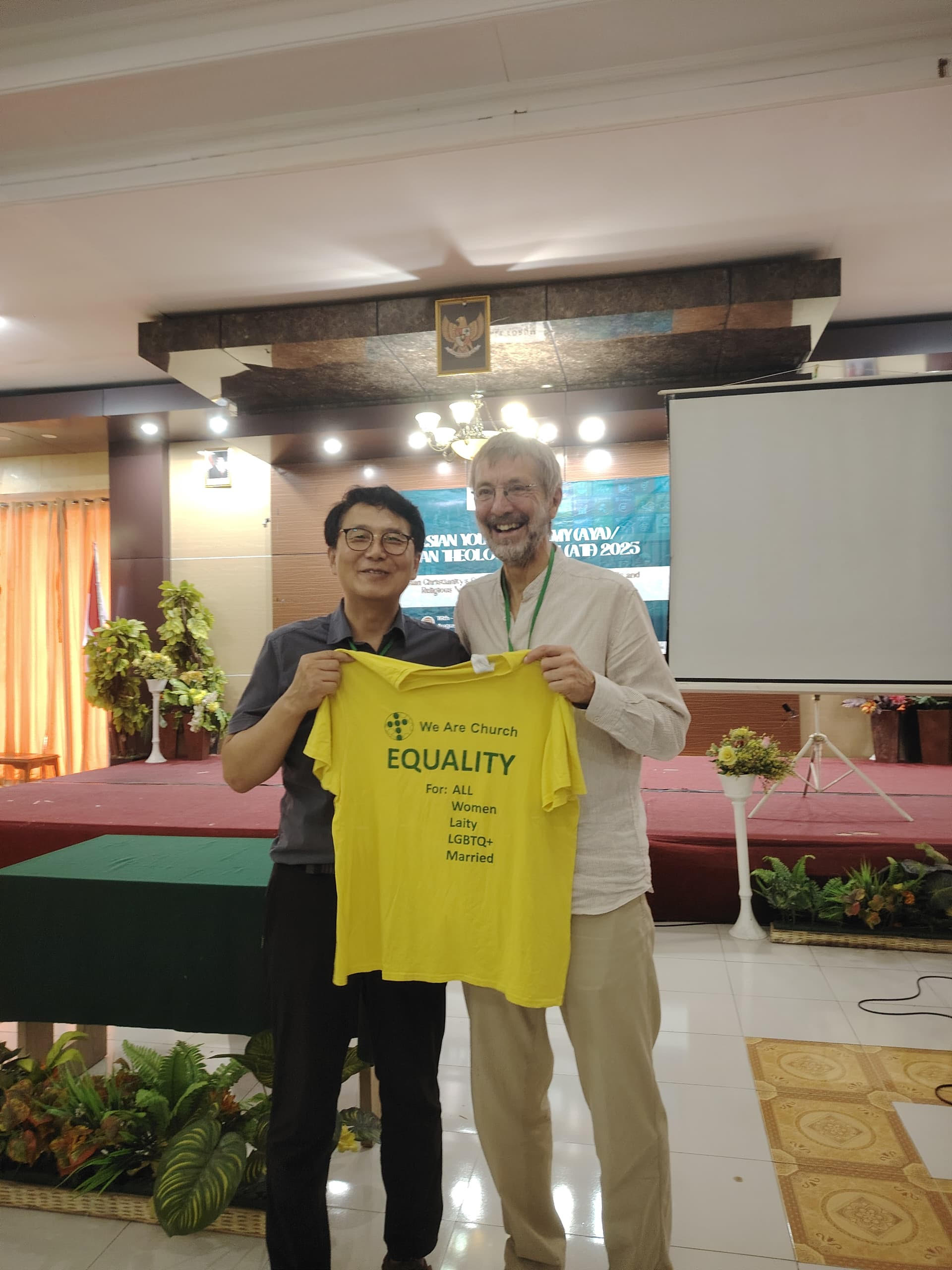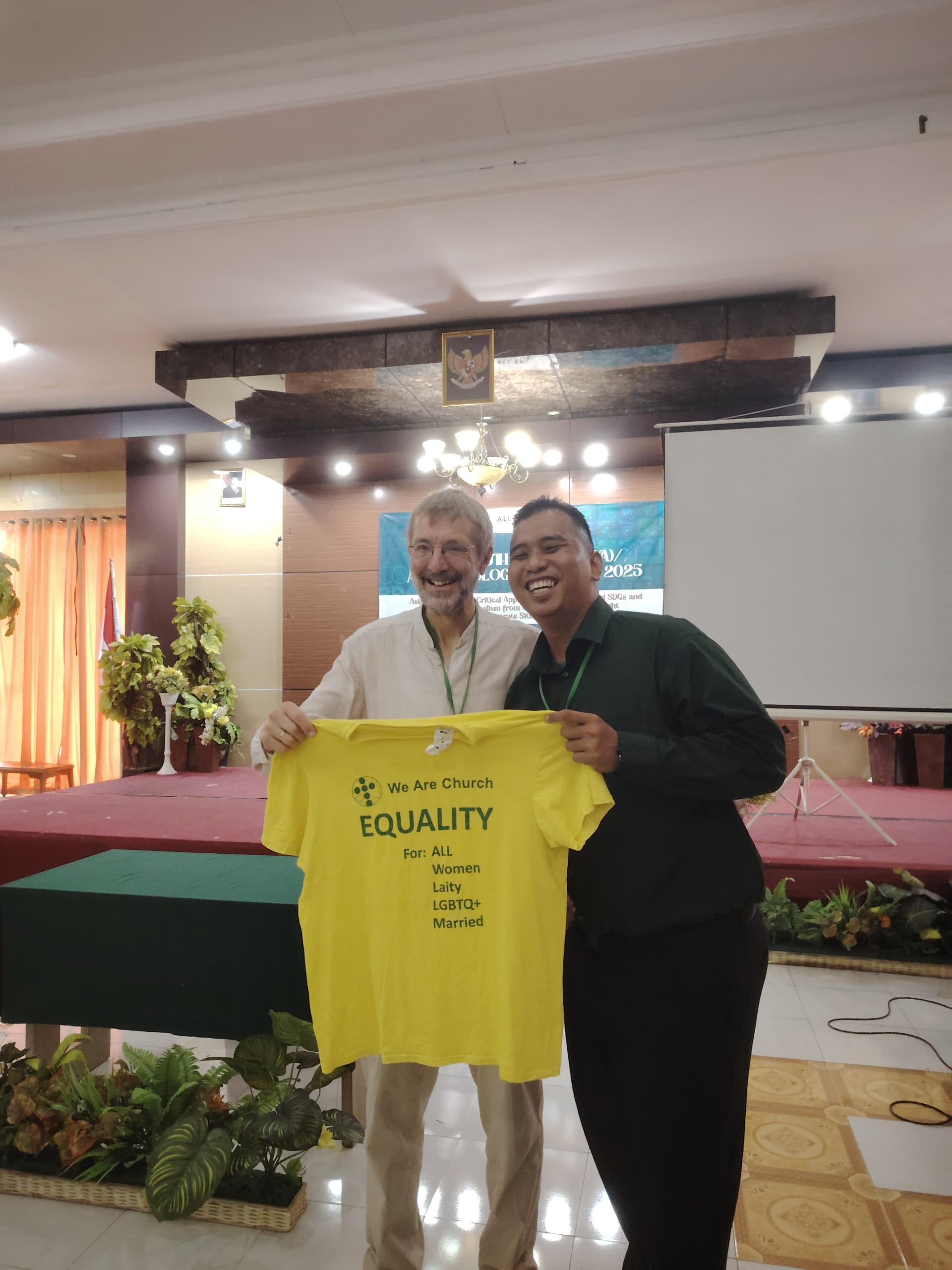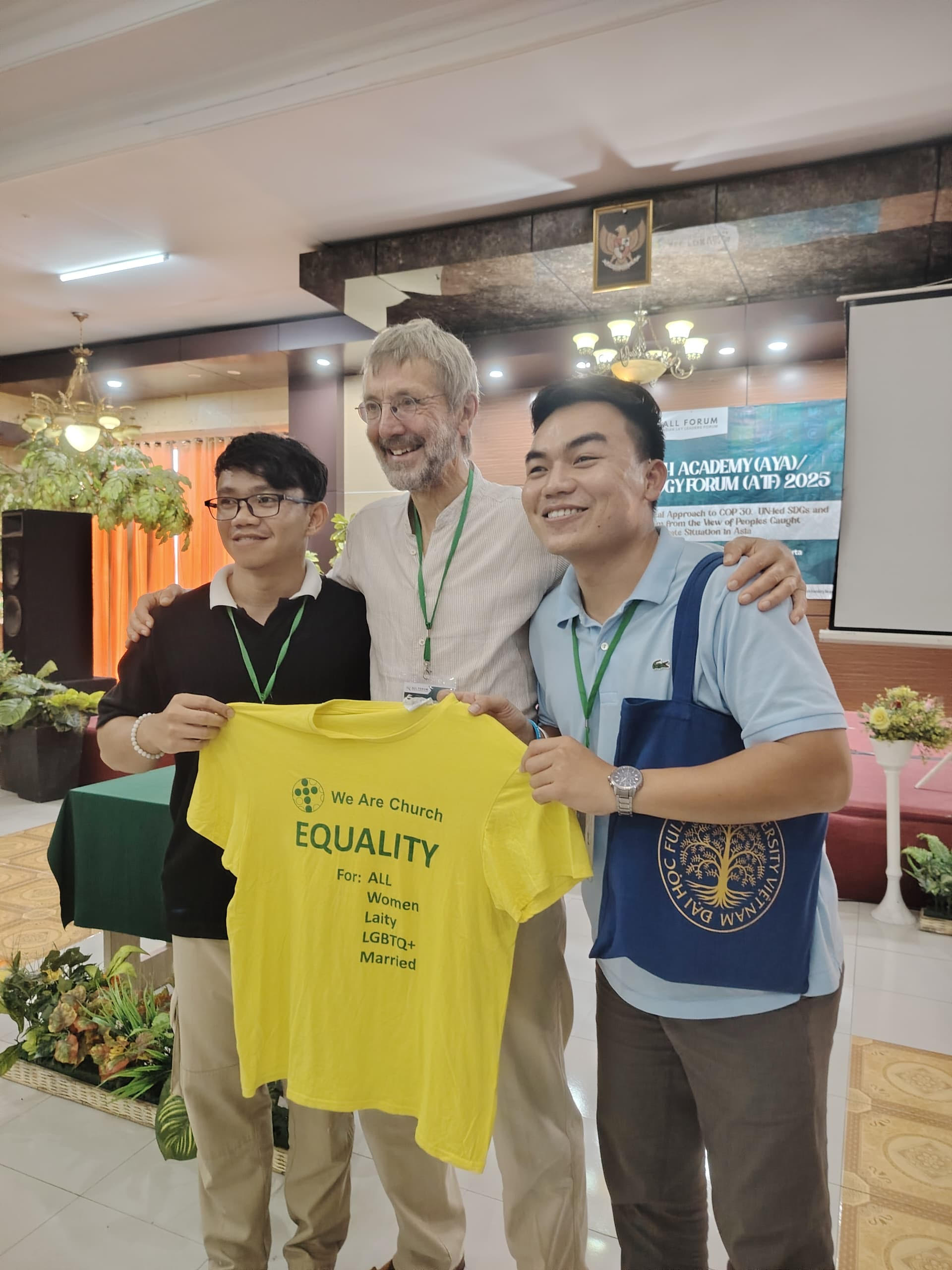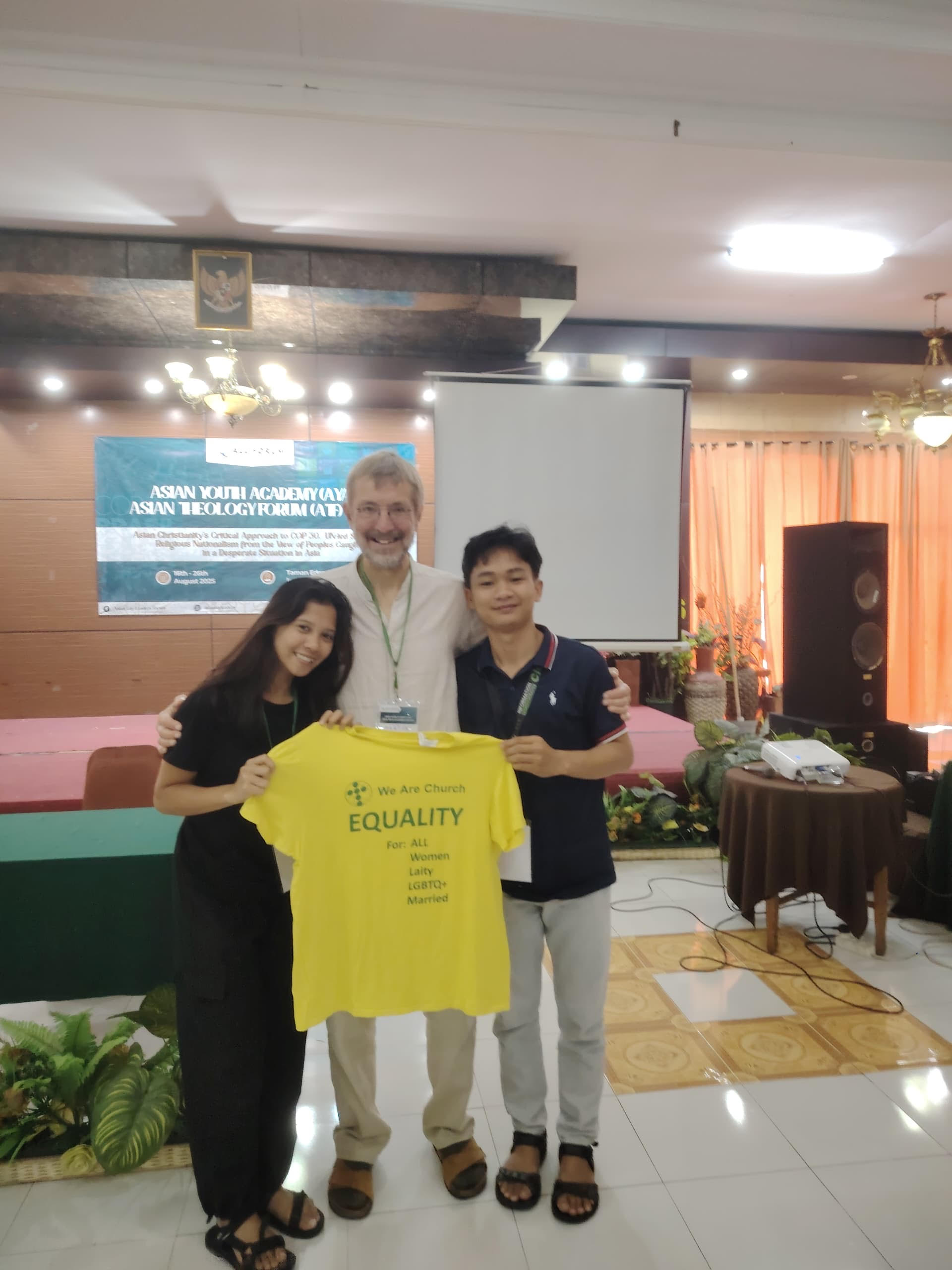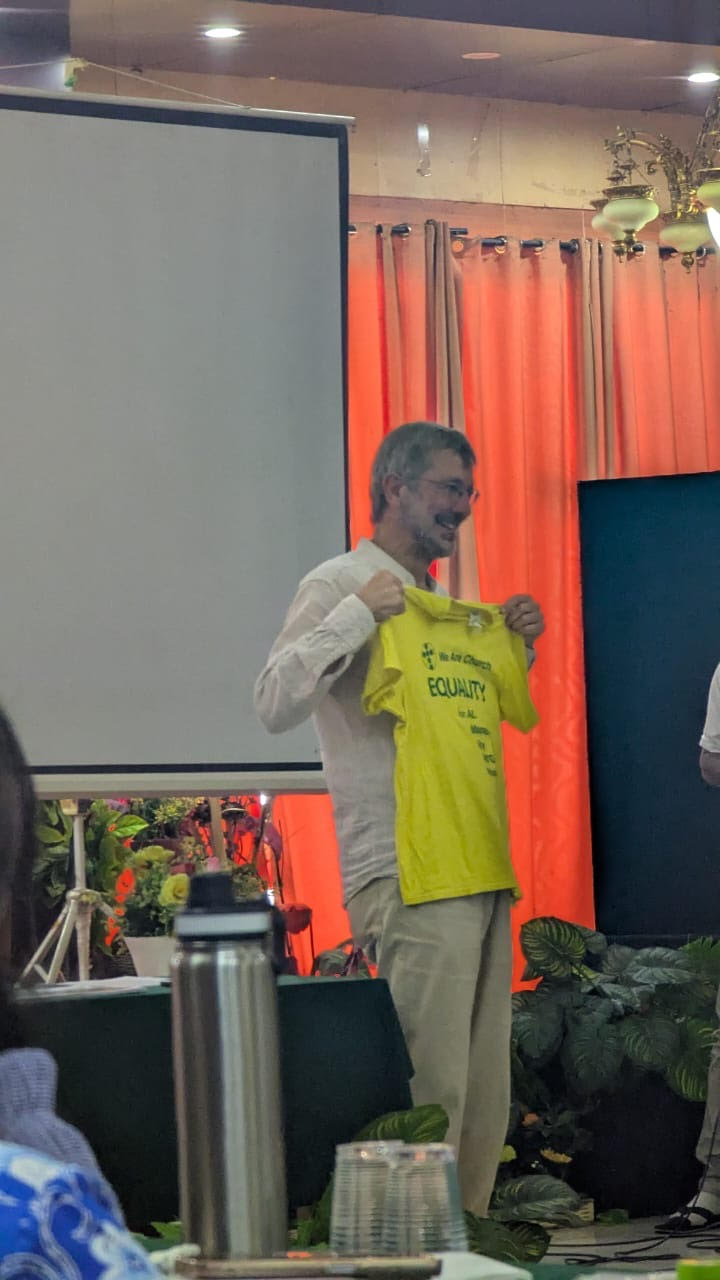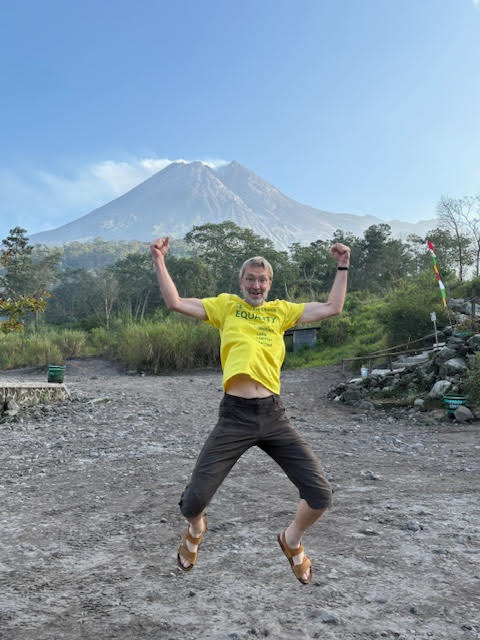Press Release 5 December 2025:
We Are Church International is very disappointed that the ordination of Women Deacons has been rejected though not definitively by a commission of 5 men and 5 women. It is shocking that 5 of this commission believe that the masculinity of Christ is an integral part of sacramental identity!

Such commissions can be given a conservative or reformist bias, depending on who is selected. It would have been much better to use the Synodal process including all the people of God to determine if the Holy Spirit sees the equality of women as now long overdue in our Church.
Jesus was male, but he never ever displayed any masculine traits that would demean anyone. Jesus never instituted the priesthood!Would he do so? When he was consistently criticizing the way 'priesthood' was being exercised in his time?He had men and women at his table at the last Passover with his disciples when he commanded all to do what he had done in memory of him viz. washing each other's feet and breaking his body for all.
Many women around the world are already performing the work of ordained priests without ordination even as deacons.They are baptizing, conducting funerals, blessing marriages, and conducting Eucharistic liturgies. They hold communities together in Asia as well as in the West.That this denial of the diaconate to women continues to happen without acknowledging this contribution of women only exhibits the deep-rooted misogyny in the Catholic Church.
In 1975 The Pontifical Biblical Commission on the Ordination of Women confirmed that there was nothing in scripture to exclude women from ordination. And on 26 October 2025 Pope Leo XlV confirmed that the inclusion of women was a cultural issue.But it is time the Church evangelize cultures like Jesus did in his time, when he made a woman the first witness of his resurrection; he broke the cultural taboo of uncleaness when he allowed the woman with the flow of blood to touch him, he spoke to a Samaritan woman and discussed scripture with her.These are some instances only.
We call on Pope Leo XlV to promote the ordination of women as it is a scandal for our Church to treat women as inferior and subordinate to men. This gives a false role model which supports patriarchal structures around the world leading to the physical, sexual and spiritual abuse of women.
We Are Church International will continue to work and pray for the full equality of women in our communities at grassroots levels where real reforms are taking place.
Press contacts:
Colm Holmes, Chair We Are Church International
Email:
Phone: +353 86606 3636
Dr Martha Heizer, Vice-Chair We Are Church International
Email:
Phone: +43 650 4168500



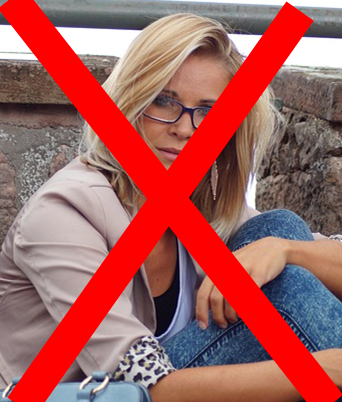 Before the 2023 Synod the ordination of Women as Priests was removed from the agenda, despite the issue having been raised in many countries. So much for listening and parrhesia!
Before the 2023 Synod the ordination of Women as Priests was removed from the agenda, despite the issue having been raised in many countries. So much for listening and parrhesia!
